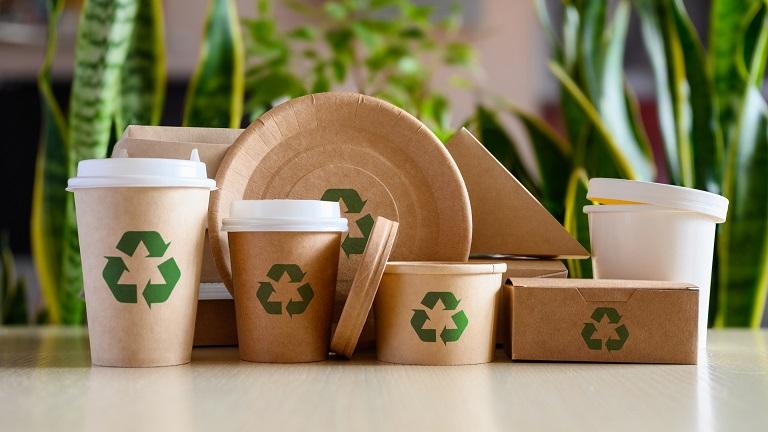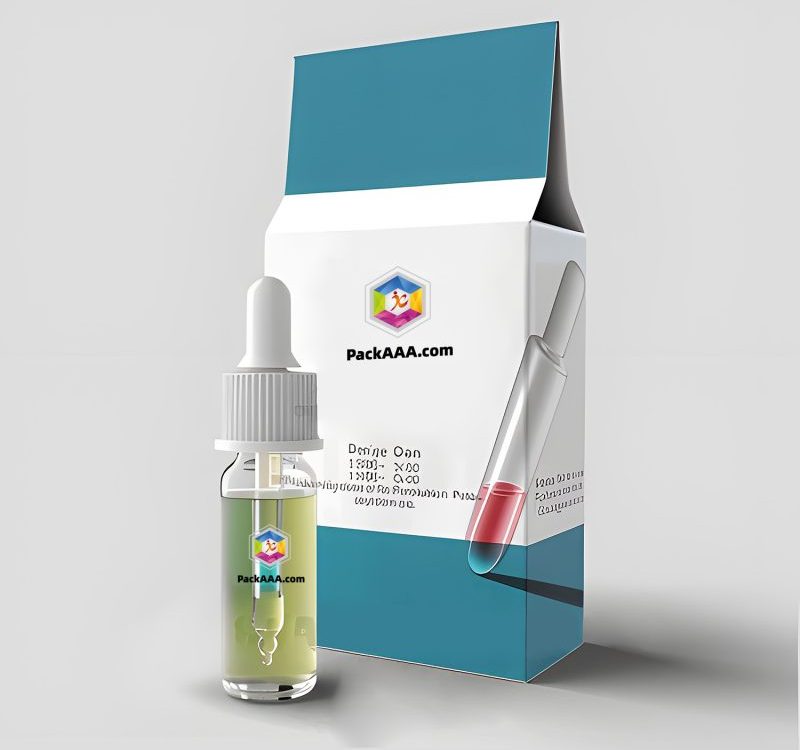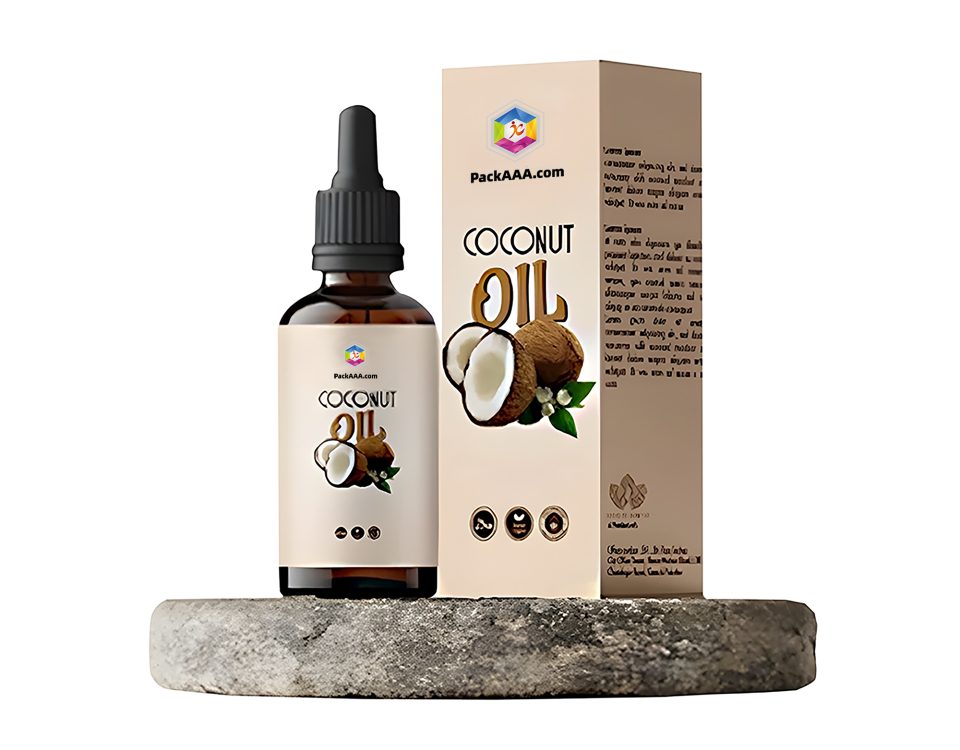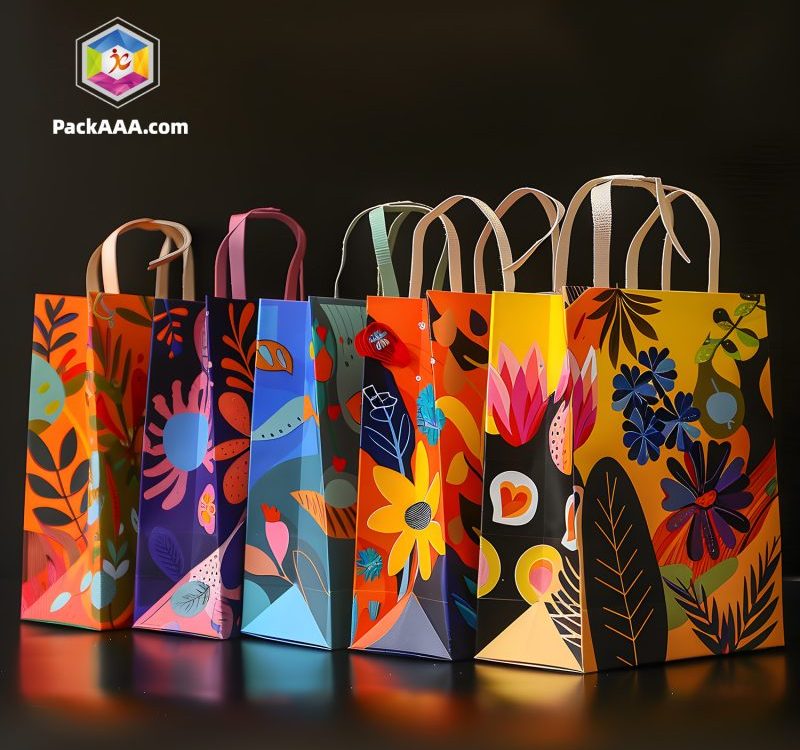In 2024, the packaging industry is witnessing a significant transformation with a major emphasis on eco-friendly practices. As global CO2 levels rise and the cost of plastic production escalates, brands are increasingly adopting sustainable packaging solutions. This shift is not merely a trend but a response to growing environmental concerns and consumer demand for greener alternatives.
Understanding Sustainable Packaging: Key Types
Sustainable packaging generally falls into two primary categories: biodegradable and compostable. Here’s a detailed look at each:
1. Biodegradable Packaging:
Biodegradable packaging is crafted from materials that naturally decompose through the action of microorganisms. This type of packaging breaks down into harmless elements like carbon dioxide, water, and biomass without leaving toxic residues. Common biodegradable materials include:
- Cornstarch: Derived from maize, this material is used to create packaging that decomposes efficiently.
- Mushroom Mycelium: A natural, fungal-based material that offers a sustainable alternative to traditional packaging.
- Plant-Based Plastics (PLA): Produced from renewable resources such as corn or sugarcane, PLA plastics decompose in industrial composting conditions.

2. Compostable Packaging:
Compostable packaging is designed to decompose into nutrient-rich compost under specific composting conditions, such as in a controlled, nutrient-rich environment. Key materials used include:
- PLA (Polylactic Acid): Similar to biodegradable plastics, PLA breaks down into compost under proper conditions.
- Bagasse: Made from sugarcane pulp, bagasse is an eco-friendly alternative that degrades into compost.
- Plant Fibers: These include various natural fibers that provide compostable solutions for packaging needs.
Major Brands Leading the Charge in Sustainable Packaging
Several leading brands have recently transitioned to sustainable packaging, reflecting a broader industry shift:
- Colgate: Transitioned its entire toothpaste line to recyclable tubs, enhancing its commitment to environmental responsibility.
- Ikea: Replaced plastic packaging with fiber-based alternatives, reducing its plastic footprint.
- Flora: Introduced plastic-free, waterproof, and oil-proof tubs for its plant-based products, emphasizing a commitment to sustainability.
- Adidas: Launched the “End Plastic Waste” initiative, focusing on recycled polyester for all its products in 2024.
- Nestlé: As a global food and beverage leader, Nestlé is working towards achieving fully biodegradable packaging.
These examples illustrate that sustainable packaging is not just a passing trend but a pivotal aspect of future packaging solutions. Embracing these practices can significantly enhance a brand’s value and profitability.
Introducing PackAAA Ltd.: Your Partner in Sustainable Packaging
At PackAAA Ltd., we are dedicated to advancing sustainable packaging solutions. With over a decade of expertise in the industry, we prioritize environmental sustainability and support brands committed to eco-friendly practices. Our team is eager to collaborate with businesses that value their clients, the environment, and their brand image.
If you’re ready to embark on a journey toward more sustainable packaging, we’d love to hear from you. Contact us via email at support@PackAAA.com or reach out through WhatsApp at +86 181 0020 3843. Together, we can create packaging solutions that align with your values and contribute to a greener future.






